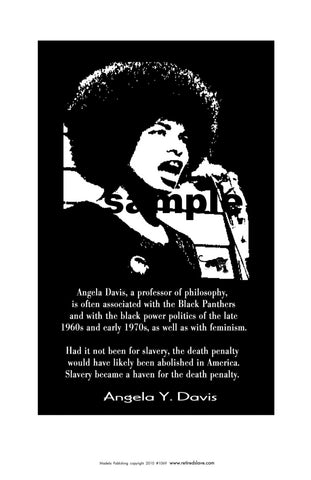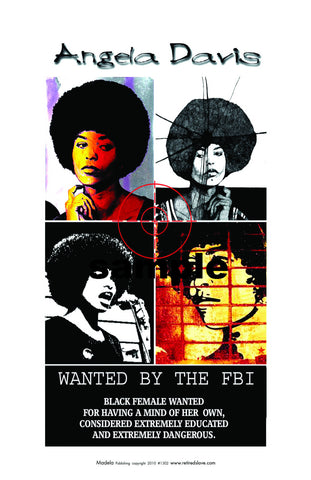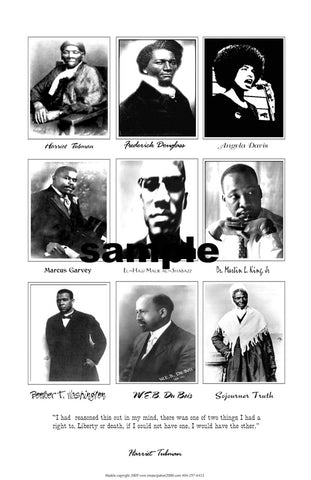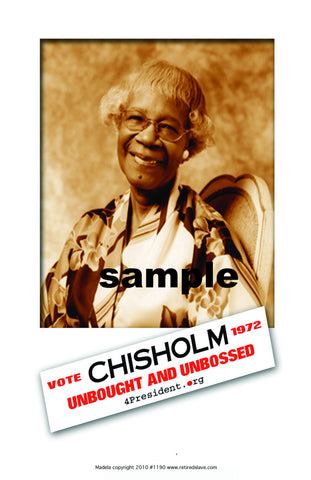Maya Angelou 1414
$ 8.00
Caption from poster__
Maya Angelou
" I've learned that people
will forget what you said,
people will forget what you did,
but people will never forget
how you made them feel. "
Born Marguerite Ann Johnson is an American autobiographer and poet. Having been called "America's most visible black female autobiographer" by scholar Joanne M. Braxton, she is best known for her series of six autobiographies, which focus on her child- hood and early adulthood experiences. The first, best-known, and most highly acclaimed, I Know Why the Caged Bird Sings (1969), focuses on the first seventeen years of her life, brought her international recognition, and was nominated for a National Book Award. Angelou has had a long and varied career, holding jobs such as fry cook, dancer, actress, journalist, educator, television producer, and film director. She was a member of the Harlem Writers Guild in the late 1950s. She was active in the Civil Rights movement, and served as Northern Coordinator of Dr. Martin Luther King, Jr.'s Southern Christian Leadership Conference. Angelou has been highly honored for her body of work, including being awarded over 30 honorary degrees and the nomination of a Pulitzer Prize for her 1971 volume of poetry, Just Give Me a Cool Drink of Water 'Fore I Diiie. ] Since the 1990s, she has had a busy career on the lecture circuit, making about 80 appearances a year. Since 1991, Angelou has taught at Wake Forest University in Winston-Salem, North Carolina, as recipient of the first lifetime Reynolds Professorship of American Studies. In 1993, she recited her poem "On the Pulse of Morning" at President Bill Clinton's inauguration, the first poet to make an inaugural recitation since Robert Frost at John F. Kennedy's inauguration in 1961. In 1995, she was recognized for having the longest-running record (two years) on The New York Times Paperback Nonfiction Best-seller List. With the publication of I Know Why the Caged Bird Sings, Angelou was heralded as a new kind of memoirist, one of the first African American women who was able to publicly discuss her personal life. She became recognized and highly respected as a spokesperson for blacks and women. Angelou's use of fiction- writing techniques often result in the placement of her books into the genre of autobiographical fiction, but they are better character- ized as autobiographies.[5] Angelou has made a deliberate attempt through her work to challenge the common structure of the auto- biography by critiquing, changing, and expanding the genre. Although her books have been used extensively in the classroom, they have also been challenged or banned in schools and libraries. Her books and poetry have covered themes such as identity, family, and racism.




